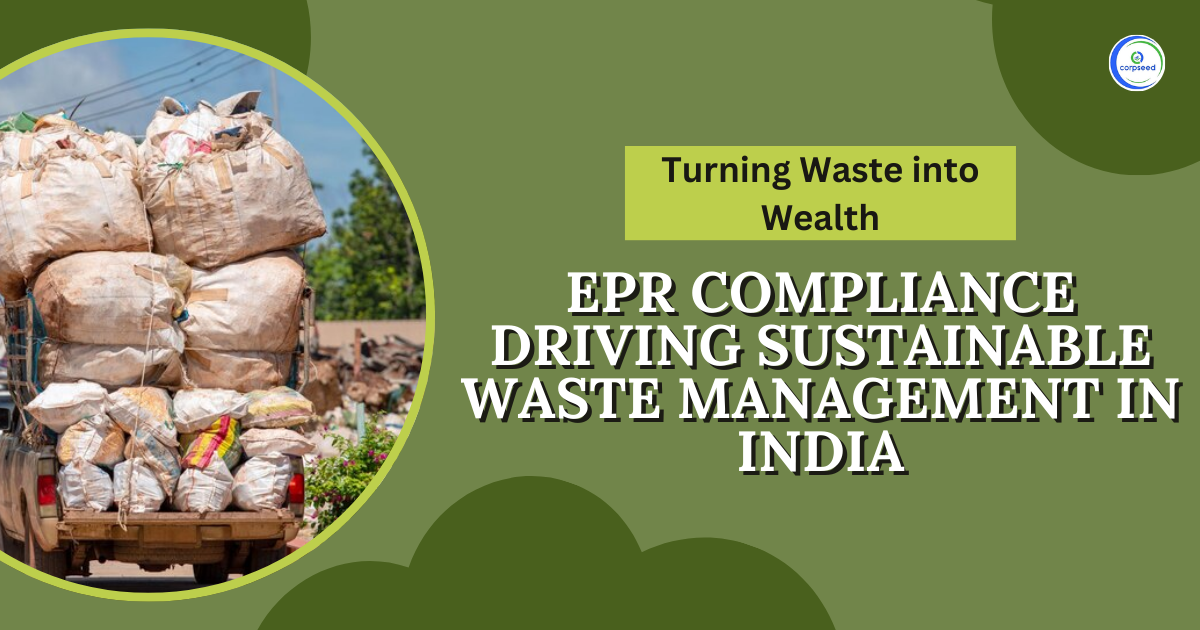Introduction: Compostable Plastic
Compostable plastic is next-generation plastic that emanates from renewable materials like lactic acid, corn, soy protein, potato, and cellulose. It degrades during composting by biological processes to give out water, CO2, inorganic compounds, and biomass. Compostable plastics are non-toxic.
Table of Contents
--------------Blog Contact Form-------------
Compostable Plastic vs. Biodegradable Plastic
Although the terms “Biodegradable Plastic” and “Compostable Plastic” are used interchangeably, but they are different. Biodegradable plastics are decomposed into biomass, CO2, and, water by microorganisms. Compostable plastic also breaks down into organic constituents. But not all compostable plastics can be decomposed in natural conditions as is possible for the biodegradable ones. Some of the compostable plastics require controlled environmental factors like higher temperature, pressure, specific chemical ratios, and nutrient concentration. These controlled environmental conditions can be created in specific composting plants. Generally, composting takes place in aerobic conditions whereas biodegradation can take place in anaerobic conditions as well.
E-Certification Process for Manufacturers
Rule 3(e) of Plastic Waste Management Rules defines compostable plastic. Rule 4(h) of the PWM Rules, 2016 mandates the Manufacturers of compostable plastic to obtain a certificate from Central Pollution Control Board.
Read Our Blog: Plastic Waste Management (PWM) Rules 2016 Registration for Producers, Importers
Submission and Processing of the Application
- The manufacturer of compostable plastic is required to submit an application in Form-A (Manufacturer) for registration accompanied by other prescribed documents. The completely filled application accompanied by digitally signed documents should be submitted through email.
- After the receipt of the application by CPCB, the applicant receives a confirmatory email within three working days.
- Along with the application, a Letter of Undertaking should also be submitted by the applicant.
- The Central Pollution Control Board examines the application and communicates queries (if any) to the applicant within seven working days of receipt of the application.
- The applicant must reply to the query, if the applicant fails to respond to the query within 30 days of the receipt of the query, the application is considered rejected.
- If Central Pollution Control Board doesn’t send any response to the applicant within one month, the certificate shall be generated.
Documents to be submitted along with the Application
- Appropriately filled Form A
- Consent under Air and Water Act issued by SPCB/PCC
- Registration certificate for production of compostable carry bags from concerned SPCB/PCC under Rule 13(I) of Plastic Waste Management Rules, 2018
- Flow diagrams of the manufacturing process
- Documents supporting the procurement of raw material
- Sample test reports as per IS/ISO:17088 from designated laboratory
- Documents supporting the sale of end-products
- Details about pollution control measures
- Letter of Undertaking on Rs. 100/- stamp paper
Certificate issuance
- For issuing the certificate Member Secretary of CPCB is the approving authority and Divisional Head, UPC II, CPCB is the designated signatory on the Certificate.
- The certificate is to be issued within seven working days after the submission of the application.
- A copy of the certificate should be sent to the concerned State Pollution Control Board / Pollution Control Committee.
- In case the Manufacturer’s unit doesn’t have valid registration from the SPCB / PCC, the Manufacturer is given a certificate with a condition that the manufacturer would manufacture/sell compostable carry bags only after acquiring a registration certificate from the concerned SPCB / PCC. The registration certificate must be submitted to the CPCB within three months of the issuance of the certificate.
- In case there is a change in the production process / raw material or the product, the manufacturer should submit a fresh application to CPCB for the purpose of issuing a new certificate.
- In some cases, provisional certificates having a validity of six months can also be issued.
Monitoring Mechanism
- The Name and Certificate Number of the manufacturer must be on each plastic carry bag and multi-layered packaging.
- The manufacturer is required to generate a QR code which should be based on the details provided on the issued certificate by CPCB. Each and every carry bag manufactured at the certified unit must have this QR code. The QR code details i.e., email/password, name, plant address, and CPCB certification number should be shared with the SPCB / PCC / CPCB.
- A six-monthly report having details of product sales and procurement of raw materials should be sent to the concerned SPCB/PCC for verification. A copy of the same report should be forwarded to CPCB also.
- Every quarter, the SPCB/PCC carries out field verification of at least 10% of the units in their States/UTs.
- In order to ensure the availability of certified compostable bags, a market survey should be carried out.
- The SPCBs/PCCs are required to submit a six-monthly compliance report to CPCB.
- On an annual basis, the CPCB should carry out independent field verification of the certified units.
- The certificate issued by the CPCB can get canceled if the manufacturer is found to be violating the stipulated norms.
- The manufacturer is given an opportunity to be heard prior to considering the case for cancellation within fifteen days. The cancellation decision is communicated within ten working days after the hearing.
- The final authority for taking a decision on suspension as well as the cancellation is Chairman, CPCB.
Conclusion
The Economies are moving towards development at a very fast pace. This development should not harm the environment. There is an increase in our dependency on plastic as a result of unsustainable development. Plastic packaging waste takes more than a century to degrade. In addition to reducing and recycling plastic waste, compostable plastics can be used. As compostable plastics are plant-based materials, they degrade without leaving toxic residues. The biggest advantage of compostable plastic is that it can be turned into natural materials like soil or compost at a faster rate than normal plastic if processed and disposed of in the correct manner.
The Government is promoting the manufacture and usage of compostable plastic which is the right step towards managing plastic waste and turning it into a useful resource.
Plastic Waste
Set up a plant to recycle uncollected plastic waste which is thrown into the natural environment in oceans or piling up on lands while complying with the CPCB norms. Enjoy simple processing, fast updates, and, best of all, no hidden fees.
Plastic Waste Management
Plastic Waste Management Authorization is mandatory for Plastic Waste Processors and recyclers to ensure the processing of plastic waste happens efficiently and sustainably and in compliance with the guidelines that CPCB lays down from time to time.
CPCB NOC
Any business activity or an institution which generates, collects, receives, stores, treats, disposes or handles any kind of industrial or commercial or individual waste in any manner is required to aquire CTE & CTO from authourities.
This portion of the site is for informational purposes only. The content is not legal advice. The statements and opinions are the expression of author, not corpseed, and have not been evaluated by corpseed for accuracy, completeness, or changes in the law.
BOOK A FREE CONSULTATION
Get help from an experienced legal adviser. Schedule your consultation at a time that works for you and it's absolutely FREE.


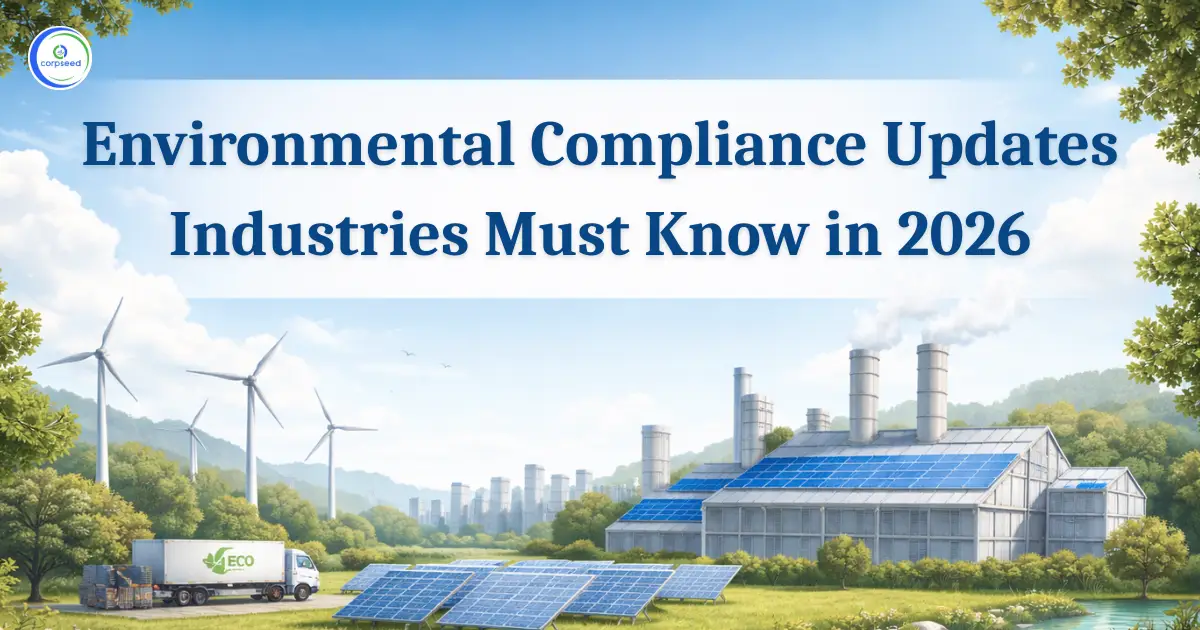
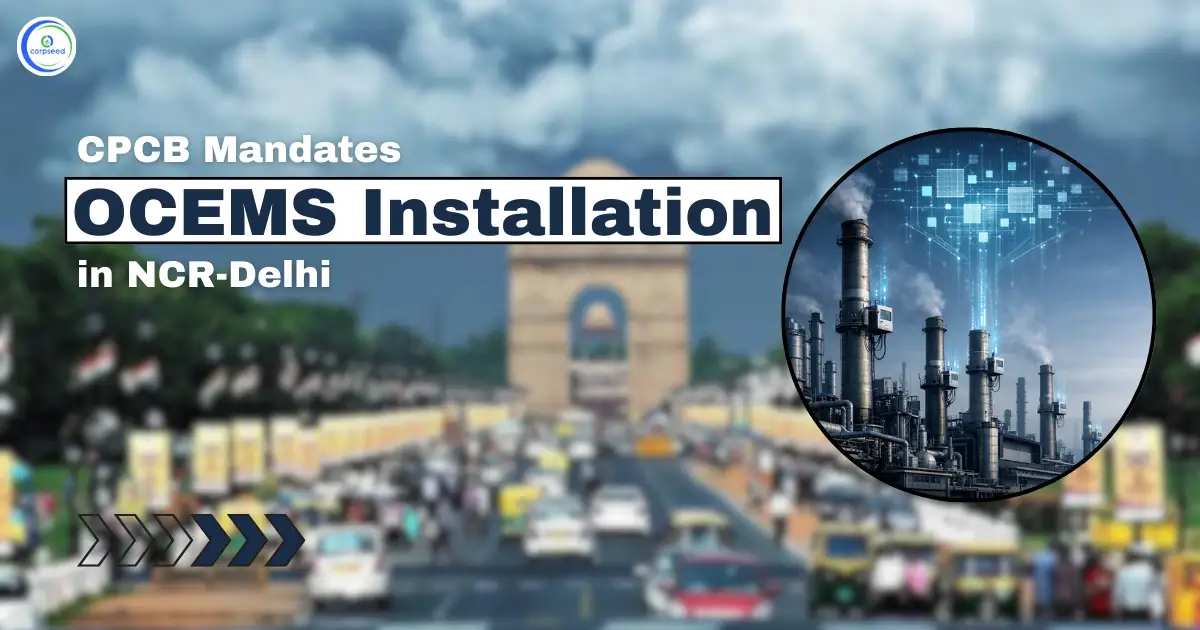
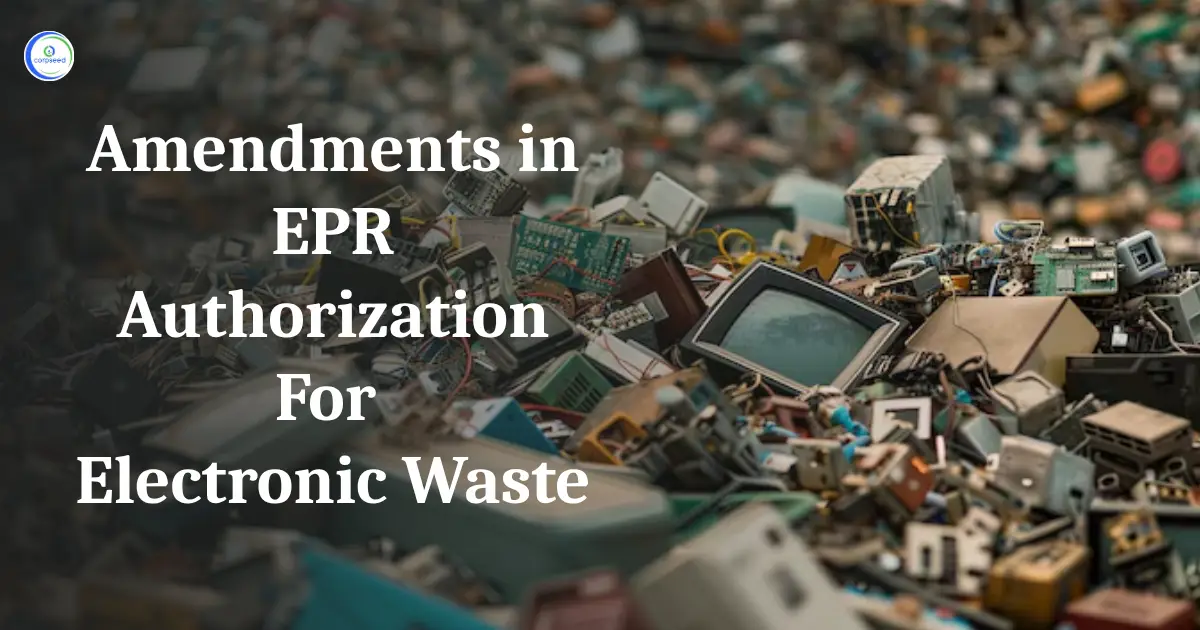
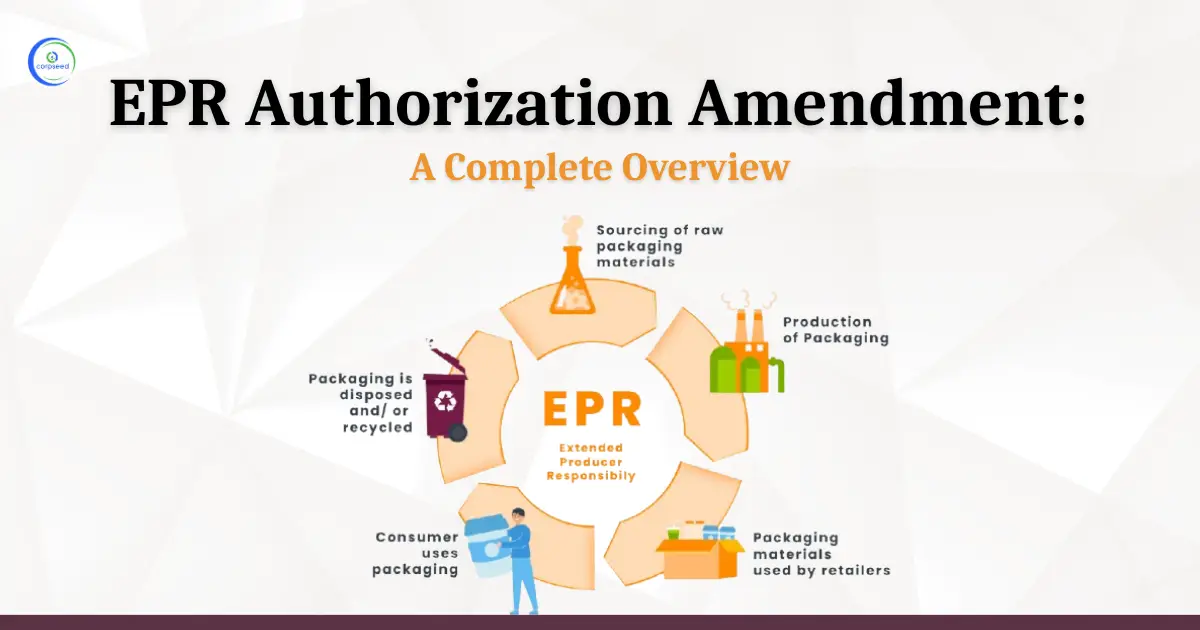
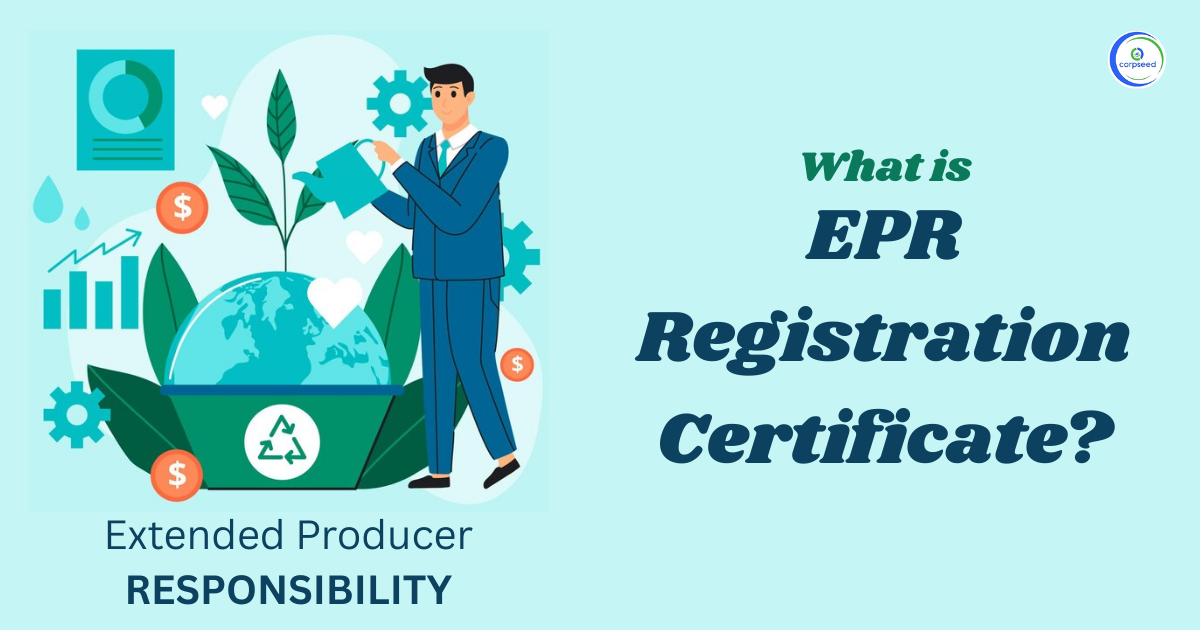
.webp)
